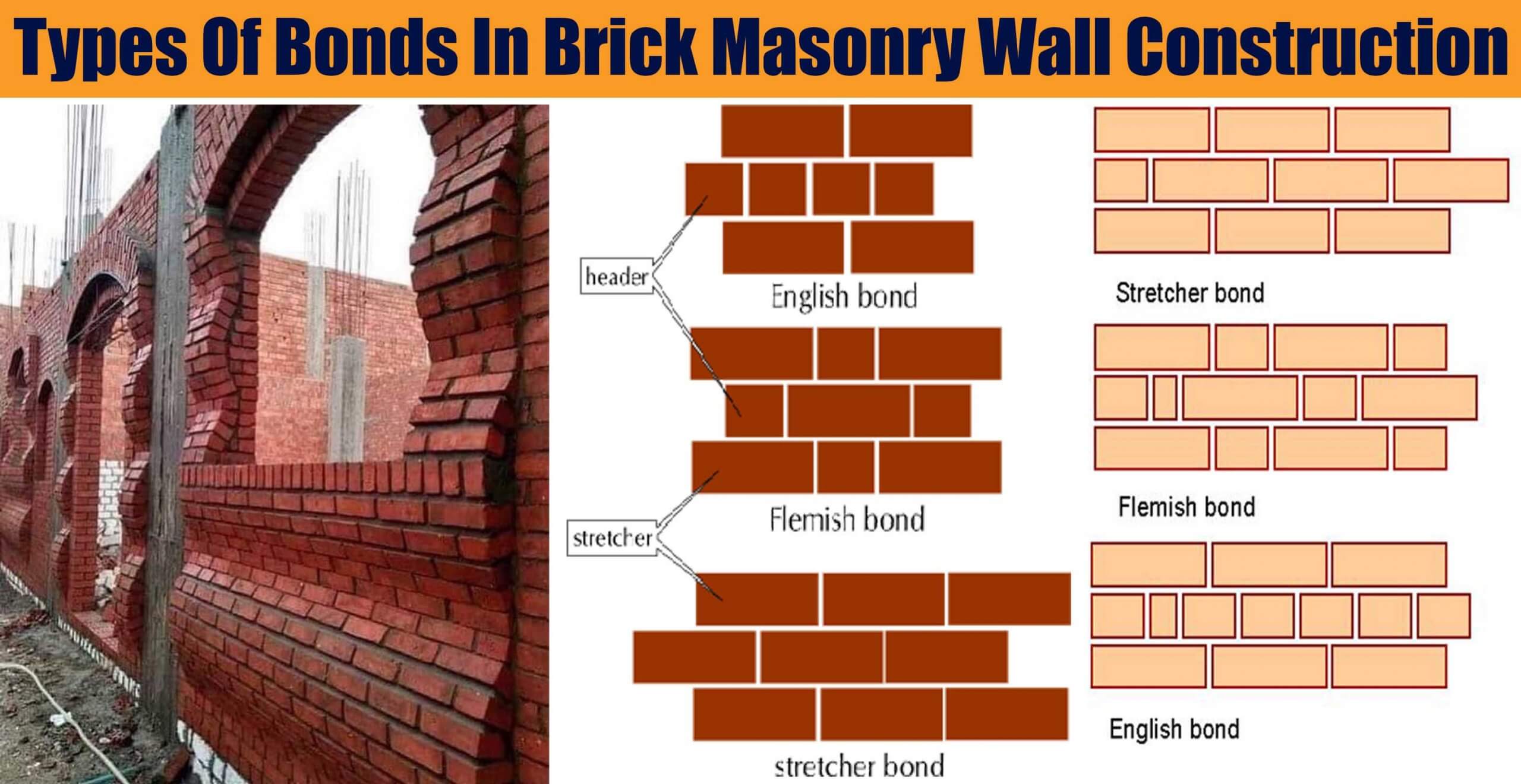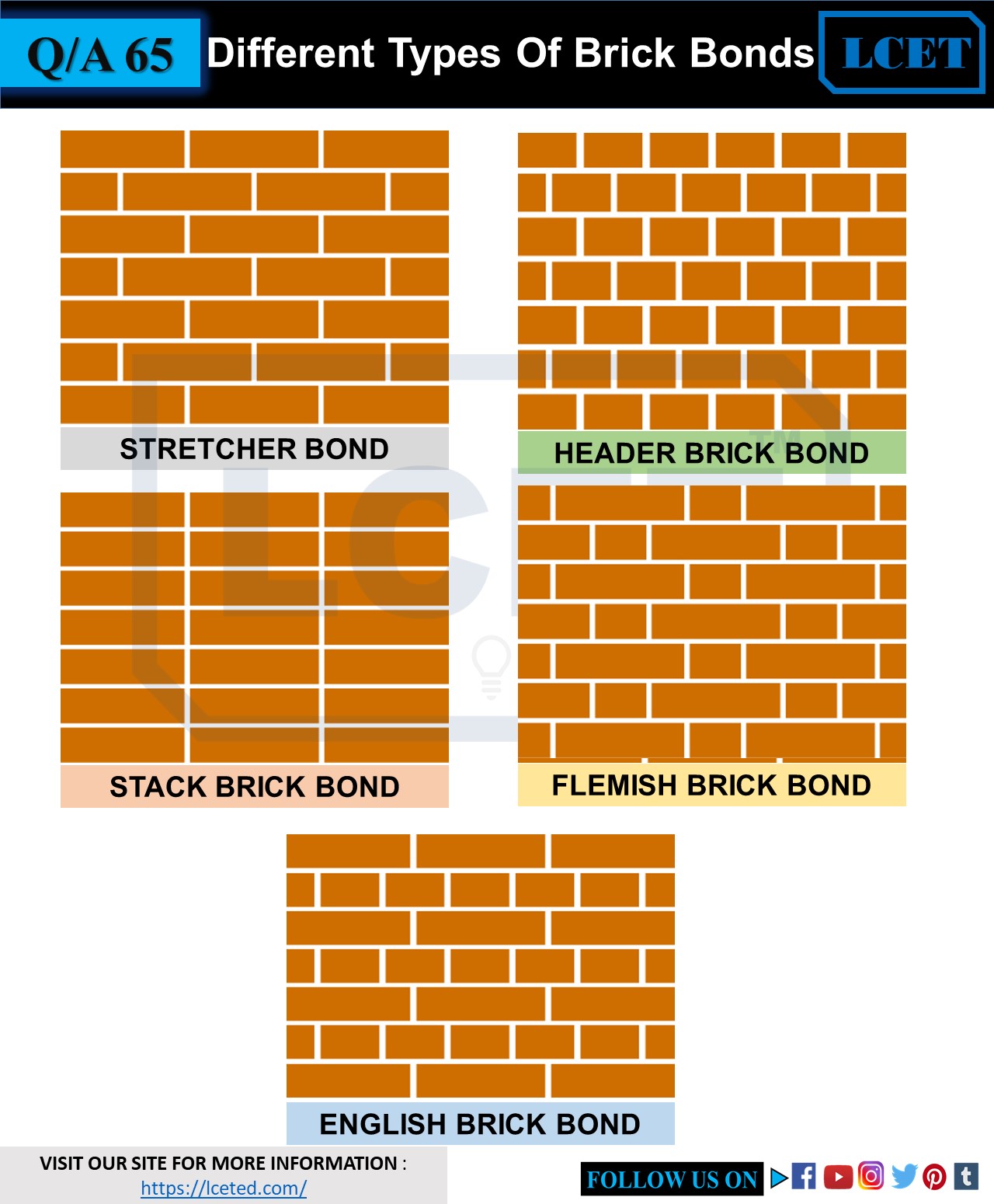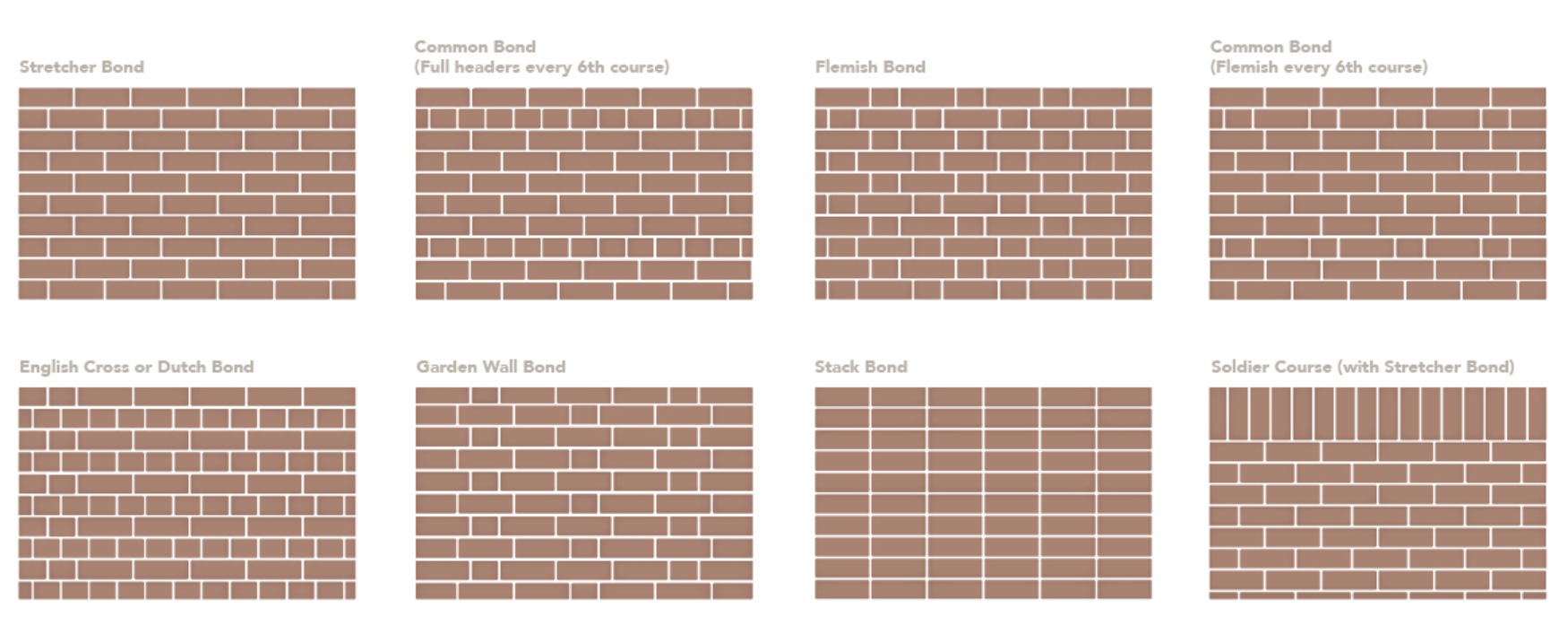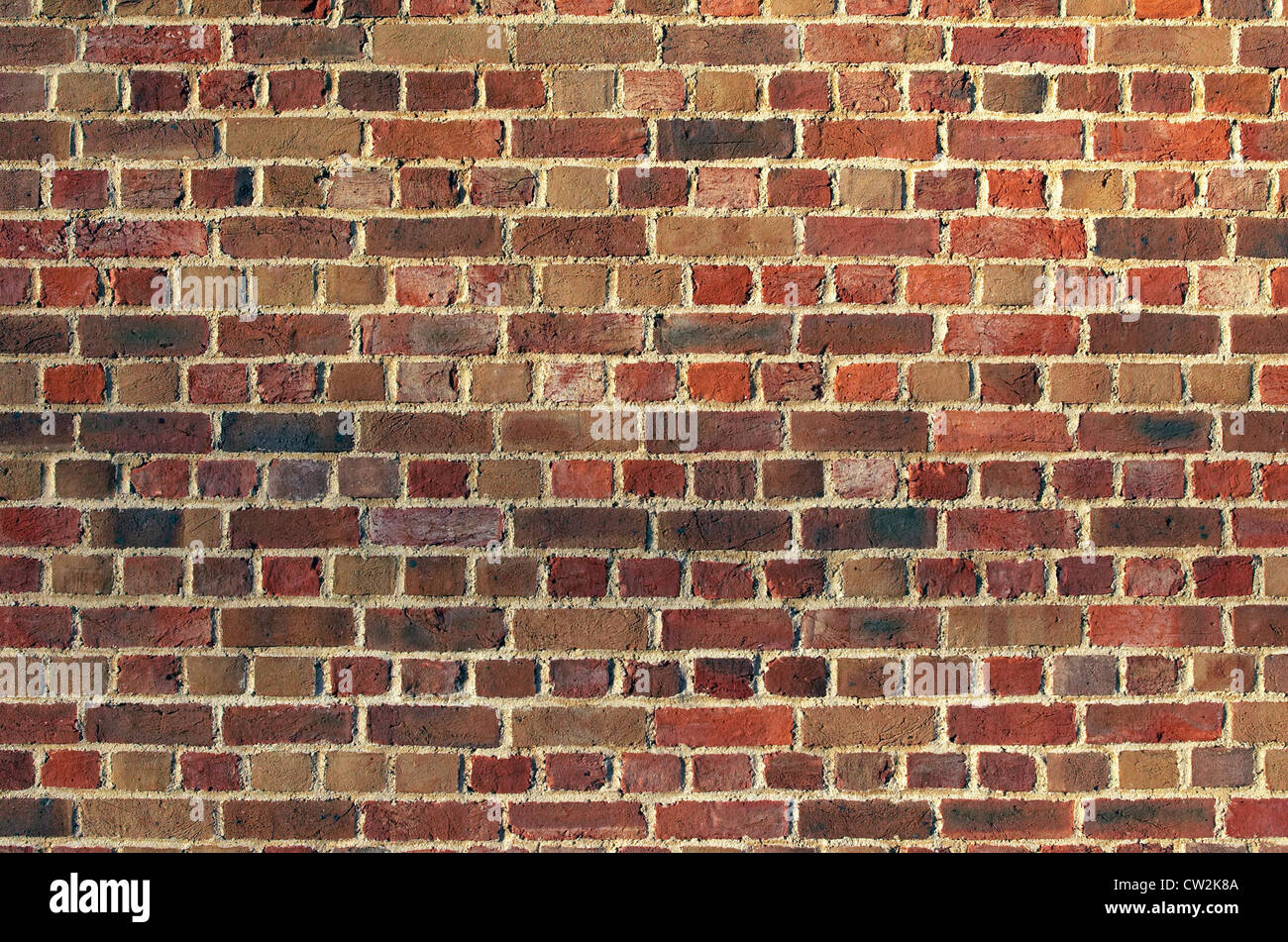English Brick Bond Patterns
English Brick Bond Patterns - Learn about the purpose and rules for good bonding. It is an alternating course of brick orientation. These bonds serve both functional and aesthetic purposes in masonry construction. Web everything you need to know about different brick bond types. Although the brick bond’s main function is structural, it may also significantly impact your home’s exterior look and your home’s distinctive style. There are several different types of brick bonds, each with its. English cross or dutch bond The most used bonding pattern, it’s referred to as “running” because the bonding agent is applied in such a way as to create a straight line between the bricks and other materials. Web its unique brickwork pattern has not only shaped buildings but also influenced architectural styles and building techniques over the centuries. English bonds include alternating courses of running bond and header courses. Web english bond and flemish bond are the two most common brick masonry patterns used in wall construction. In this bond, each course consists of alternating stretchers (long side of the brick) and headers (short side of the brick). Web once you have chosen your brick bond, you can play around with the patterns and depth. There are several different types of brick bonds, each with its. The english bond is built with alternating courses of stretchers and headers where a header is centered above a stretcher. Originally used for single brick walls, it became the obvious choice for cavity walls with One of the most common brick bonds, it alternates the running bond made with alternating courses of headers and stretchers. Pattern formed by laying alternate courses of stretchers and headers. Web english bond in the brick masonry work consists of one course of the stretcher and another course of the header above it, i.e. It provides a strong bond when the wall is one brick thick. It is the preferred bonding pattern for bridges, viaducts, embankment walls and other civil engineering architectures. There are several different types of brick bonds, each with its. English cross or dutch bond English bonds include alternating courses of running bond and header courses. This traditional pattern is considered to be one of the strongest bonds and is commonly used for. Snap headers are used in courses which are not structural bonding courses. The headers are centered on the stretchers and joints between stretchers in all courses are aligned vertically. Web everything you need to know about different brick bond types. One of the most common brick bonds, it alternates the running bond made with alternating courses of headers and stretchers.. This traditional pattern is considered to be one of the strongest bonds and is commonly used for bridges and engineering projects. Web everything you need to know about different brick bond types. English bond is composed of alternate courses of headers and stretchers. These walls are very strong, but the header courses do require a lot of. Web the english. Web english bond brickwork combines alternate courses of stretchers and headers. Web the english bond is a pattern for laying bricks in which there are rows of bricks with the short end facing out (called headers) followed by rows of bricks with the long side facing out (called stretchers). Web brick bonds are patterns or arrangements in which bricks are. The english bond alternates between one row of larger bricks to another row of smaller bricks, creating visual interest. The headers are centered on the stretchers and joints between stretchers in all courses are aligned vertically. There are several different types of brick bonds, each with its. Web english bond and flemish bond are the two most common brick masonry. The english bond is built with alternating courses of stretchers and headers where a header is centered above a stretcher. Web since brick wasn’t always readily available in the early colonial era, the running bond patterns allowed builders to make the most of their materials before using a head course. The most used bonding pattern, it’s referred to as “running”. It requires more facing bricks than other patterns. Web the english brick bond, also known as the running bond, is a traditional bricklaying pattern characterized by its simple yet classic arrangement of bricks. It provides a strong bond when the wall is one brick thick. Web english bond brickwork combines alternate courses of stretchers and headers. Web its unique brickwork. Web everything you need to know about different brick bond types. Headers in the course above are laid in the middle of stretcher bricks. The joints of the stretcher courses align and the joints of the header courses align. This traditional pattern is considered to be one of the strongest bonds and is commonly used for bridges and engineering projects.. Web everything you need to know about different brick bond types. English bond is composed of alternate courses of headers and stretchers. Web since brick wasn’t always readily available in the early colonial era, the running bond patterns allowed builders to make the most of their materials before using a head course. English cross or dutch bond Web the english. Read our guide, complete with brick bond pattern diagrams, to find the right bond for your build. Web the english bond is a pattern for laying bricks in which there are rows of bricks with the short end facing out (called headers) followed by rows of bricks with the long side facing out (called stretchers). Web once you have chosen. A brick construction pattern with alternate courses of brick laid as stretchers and headers forms an english bond. It provides a strong bond when the wall is one brick thick. Web the english bond brick pattern is comprised of only one course of stretcher and a course header above it. It comprises of alternative courses of headers and stretchers. Discover the historical significance, unique specifications, and applications of the english bond brick, a cornerstone of traditional english architecture. English cross or dutch bond It is the preferred bonding pattern for bridges, viaducts, embankment walls and other civil engineering architectures. There are several different types of brick bonds, each with its. Web brick bonds are patterns or arrangements in which bricks are laid in a wall or structure. This traditional pattern is considered to be one of the strongest bonds and is commonly used for bridges and engineering projects. Although the brick bond’s main function is structural, it may also significantly impact your home’s exterior look and your home’s distinctive style. Web the english bond is a pattern for laying bricks in which there are rows of bricks with the short end facing out (called headers) followed by rows of bricks with the long side facing out (called stretchers). Web once you have chosen your brick bond, you can play around with the patterns and depth. Learn about the purpose and rules for good bonding. Web english bond is preferred pattern for viaducts, bridges, embankment walls as well as other civil engineering architectures. Web english bond brickwork combines alternate courses of stretchers and headers.Common Types of Brick Bonds Used in Masonry
Common brick bonds infographic Brick bonds, English bond, Pattern
10 Types of Brick Bonds Dream Civil
Common Types of Brick Bonds Used in Masonry
Types Of Bonds Used In Brick Masonry Wall Construction And Their Uses
Definition of English bond Brickwork, Brick patterns, Brick bonds
Brick Bond Patterns PGH Bricks
Brickwall Bond_A bond is the pattern in which bricks are laid. Brick
Decorative brickwork English bond. This pattern comprising alternating
Types of Bonds in Brick Masonry Wall Construction
Snap Headers Are Used In Courses Which Are Not Structural Bonding Courses.
The Headers Are Centered On The Stretchers And Joints Between Stretchers In All Courses Are Aligned Vertically.
Web Since Brick Wasn’t Always Readily Available In The Early Colonial Era, The Running Bond Patterns Allowed Builders To Make The Most Of Their Materials Before Using A Head Course.
The English Bond Alternates Between One Row Of Larger Bricks To Another Row Of Smaller Bricks, Creating Visual Interest.
Related Post:
/masonry-brick-bond-common-types-2736655-cf1ec5c2e3fe46ad83252d6dbb551a20.png)


/GettyImages-165675151-574cf9523df78ccee10feffb.jpg)





